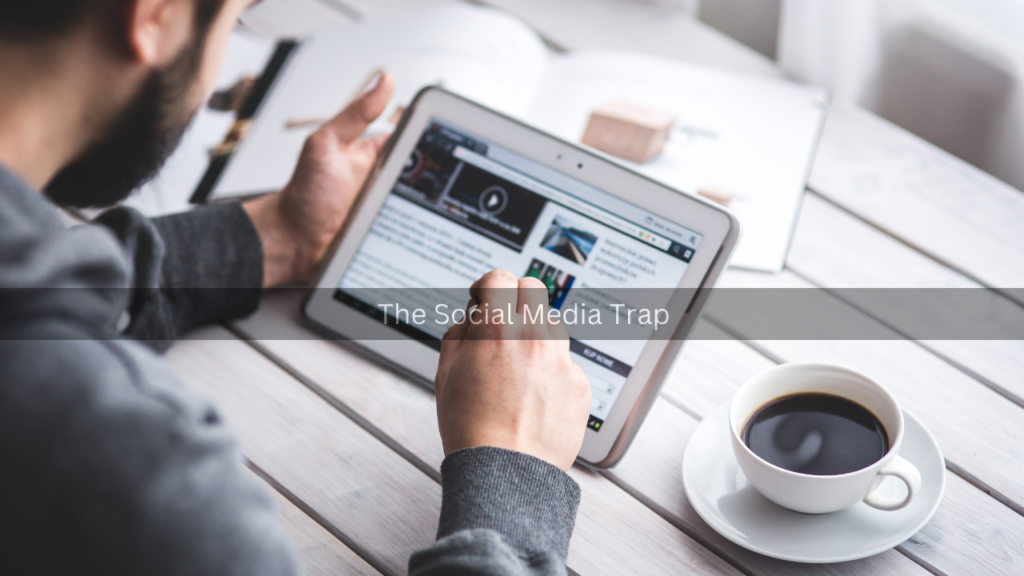
In the digital age, social media platforms have become an integral part of our daily lives. With just a few taps on our smartphones, we connect with friends, share our lives, and consume a constant stream of information. While these platforms offer unparalleled opportunities for connectivity and expression, they also come with significant downsides, particularly when our engagement turns into obsession. This article explores how this fixation with social media is reshaping our lives and what we can do about it.
Social media obsession can be defined as an excessive preoccupation with online platforms to the extent that it interferes with daily activities and overall well-being. The allure of instant gratification, constant updates, and the need for validation through likes and comments can lead to a compulsive need to check our feeds. This obsession often manifests in various ways, from spending hours scrolling through posts to experiencing distress when disconnected from the internet.
One of the most profound effects of social media obsession is its impact on mental health. Numerous studies have linked excessive social media use with increased rates of anxiety, depression, and low self-esteem. The curated nature of social media—where people often present idealized versions of their lives—can lead to unhealthy comparisons. Users may find themselves constantly measuring their own lives against the seemingly perfect lives of others, fostering feelings of inadequacy and dissatisfaction.
Additionally, social media can disrupt sleep patterns. The blue light emitted by screens interferes with the production of melatonin, the hormone responsible for regulating sleep. Late-night scrolling can delay bedtime, leading to sleep deprivation, which in turn affects mood, cognitive function, and overall health. The cycle of checking notifications before bed and the anxiety of being “offline” contribute to a state of hyperawareness that is difficult to escape.
Social media obsession also impacts our real-world relationships. The virtual interactions that we engage in can sometimes replace face-to-face communication, leading to a decrease in the quality of personal connections. People may feel more comfortable sharing their thoughts and experiences online rather than having meaningful conversations in person. This shift can lead to feelings of loneliness and social isolation, as online interactions often lack the depth and emotional connection of real-world relationships.
Moreover, the constant exposure to social media can affect our attention spans. The rapid-fire nature of content consumption—where posts, videos, and stories are designed to capture attention quickly—can make it difficult to focus on single tasks for extended periods. This fragmented attention can reduce productivity and hinder our ability to engage deeply with tasks and projects.
So, what can be done to combat social media obsession? First, setting boundaries is crucial. Allocating specific times for social media use and sticking to them can help manage screen time. Additionally, turning off non-essential notifications can reduce the urge to check our phones constantly. Engaging in activities that promote real-world connections and focusing on hobbies or interests outside of social media can also provide a much-needed break.
It’s also important to practice mindfulness and self-awareness. Recognizing when social media use starts to negatively impact our mood or daily life allows us to take corrective action. Seeking support from friends, family, or mental health professionals can provide valuable perspectives and strategies for managing social media use.
In conclusion, while social media offers numerous benefits, its potential for obsession and the resulting effects on our lives should not be underestimated. By understanding the ways in which social media can alter our lives and implementing strategies to manage our usage, we can enjoy the advantages of these platforms without falling into the trap of unhealthy obsession.